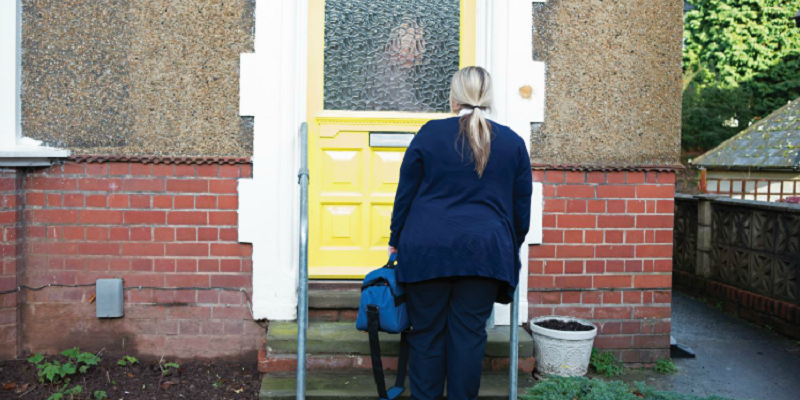
The Accounts Commission report on the finance and performance of Integration Joint Boards (25 July) highlights the fundamental role of community based health and social care service and the urgent need to address the challenges facing the sector.
The report emphasises that the health inequality gap is widening, demand for services and the complexity of care required are increasing, and there are growing levels of unmet need. It recognises the immense pressure facing the workforce and the difficulties in recruiting and retaining staff. It highlights that uncertainty around the direction of the plans for the National Care Service have contributed to the inability of IJBs to plan and deliver effective services.
The Accounts Commission makes a series of recommendations and calls for all the bodies involved in the sector to work collaboratively to address the issues.
Commenting on the report, RCN Scotland Director Colin Poolman said: "This damming report sets out the challenges facing community health and social care services. Too often the focus is on the crisis in acute hospitals, but hospital overcrowding is a symptom of the lack of investment and prioritisation of community services. The whole system is at breaking point.
“While the Accounts Commission acknowledges that Scotland’s health and social care partnerships have a committed and driven workforce, the complex governance structures and lack of investment mean staff are operating with their hands tied behind their backs, and patients and communities are suffering as a result.
“The staffing and service cuts being proposed by some of Scotland’s Integration Joint Boards are extremely worrying at a time when demand and health inequalities are increasing.
“Scottish government, NHS boards and councils must invest now to tackle the challenges facing the sector. Further delay, while the proposals for the National Care Service are developed, is not an option.”





